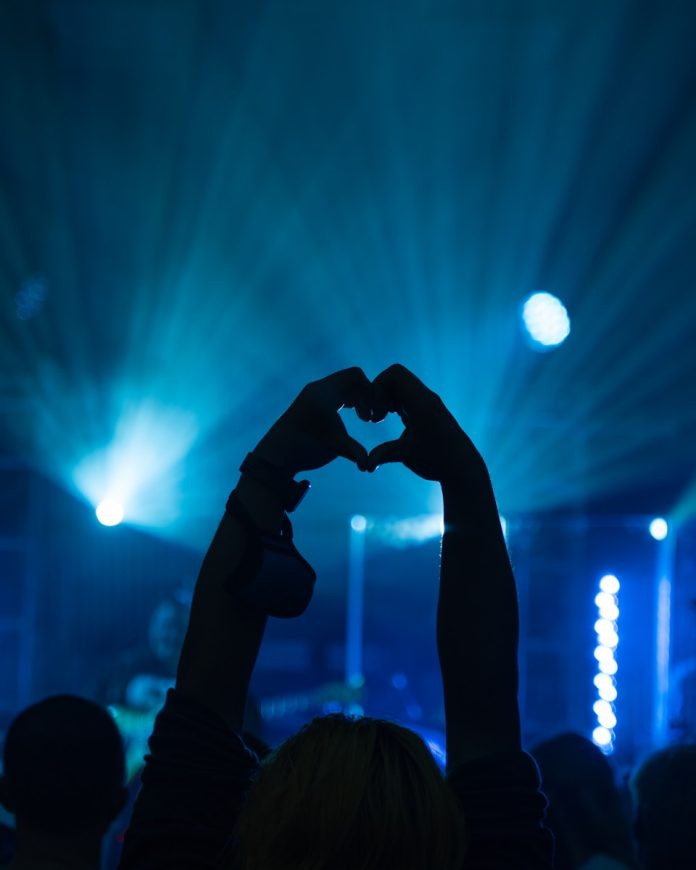When Echoes of Avalon premiered eight weeks ago, the buzz was deafening. Marketed as a rich tapestry of myth, memory, and betrayal, the fantasy-drama promised a grounded, character-driven experience in the vein of Game of Thrones but with the lyrical mysticism of The OA. From Reddit threads to TikTok breakdowns, the hype train left the station early—and fast.
Now that Season 1 has concluded, the question echoing across social feeds and discussion boards is simple, but loaded: Was it worth it?
Did the storytelling justify the slow burn? Were the characters as compelling as promised? Did the payoff match the premise—or did it get lost in its own mythos?
To answer that, we turned to the audience—not critics or PR spin, but everyday viewers who invested their time, emotion, and streaming hours. Their collective verdict paints a complex, nuanced picture of a show that took risks, defied structure, and split opinion down the middle.
A Spectacle of Substance—or Just Spectacle?
Let’s get this out of the way: Echoes of Avalon is undeniably beautiful. Shot in remote corners of Ireland, Iceland, and New Zealand, the cinematography alone had viewers posting screenshots like digital postcards. Every frame seemed dipped in mist and ancient melancholy. Moss-covered ruins, forest altars, spectral lakes—this was not your standard soundstage affair.
Many viewers praised this immersive aesthetic as a breath of fresh air in a genre that often leans too heavily on CGI. One fan on Twitter wrote, “Even if the plot left me cold, I’d watch it again just to feel like I was wandering those landscapes.”
But others weren’t so generous. “It looks like a perfume commercial for druids,” joked one Redditor. For some, the show’s beauty was a distraction from what they saw as thinly veiled plot holes or narrative inertia. As one YouTube reviewer put it: “Pretty doesn’t equal profound.”
The Plot: Myth, Memory, and… Muddiness?
At the heart of Echoes of Avalon is a tale of a lost Queen (Mireille Ennis) caught between death and memory, navigating an afterlife that mirrors the kingdom she once ruled. As she encounters reincarnated allies and enemies, the lines between past and present blur, eventually leading to an existential climax that defies linear time.
For fans of nonlinear storytelling, the show was a delight. “It asks a lot from you,” said Maya, a 31-year-old graphic designer from Portland. “But when the pieces click, it’s incredibly rewarding. It treats its audience like co-authors, not just consumers.”
Others found the pacing glacial and the twists unearned. A common complaint? The series mistook vagueness for mystery. “I shouldn’t have to read four folklore articles just to understand episode five,” wrote one disgruntled viewer.
Still, there was general agreement that when the show hit its stride—particularly in episodes 6 and 8—it delivered gut-punch moments that justified earlier confusion. A standout sequence involving a ritual betrayal beneath a mirrored lake became an instant viral hit, spawning dozens of breakdown videos and fan theories.
Characters: Archetypes or Authentic?
Casting was another point of both praise and contention. Mireille Ennis’s portrayal of Queen Eira was widely lauded for its quiet power. “She can command a scene with a single blink,” noted one fan, pointing to the silent standoff between Eira and her former lover-turned-enemy in episode seven as a series highlight.
However, the supporting cast received more mixed reviews. Some praised the inclusion of morally gray characters—like Rowan, the blind mystic assassin played by Jamal Harrington—but others felt the characterization relied too much on archetypes. “There’s the tragic seer, the jaded warrior, the naive apprentice… I’ve seen this lineup before,” one viewer commented on a fan Discord.
Interestingly, the character who inspired the most debate was not a human, but a sentient forest spirit named Ysna, voiced by nonbinary actor River Hale. For some, Ysna’s poetic riddles and shifting allegiances embodied the show’s magic. For others, the character felt like “mystical wallpaper.”
Finale Fallout: A Masterstroke or Misfire?
And then there’s the finale—the episode that can make or break a season in the eyes of many. In the case of Echoes of Avalon, it did a bit of both.
The final moments saw Queen Eira refusing to reclaim her throne, instead choosing to scatter her memories into the wind and let history rebuild itself without her. It was an anti-climax to some, but a radical act of narrative subversion to others.
“I cried,” admitted Jordan, a 25-year-old literature student. “It’s not about resolution—it’s about release. She broke the cycle.”
Not everyone was so moved. “Eight episodes of setup for… self-erasure?” wrote one frustrated viewer. “It’s like the writers ran out of ideas and called it ‘poetic.’”
Still, even among detractors, there was appreciation for the finale’s ambition. Love it or hate it, it wasn’t generic. It was trying something.
Fan Culture: The Good, the Bad, and the Deeply Nerdy
One area where Echoes of Avalon unequivocally succeeded was in cultivating a passionate fanbase. In just two months, it spawned an impressive online ecosystem: fanfiction, fan art, deep-lore wikis, and even a weekly “Mystic Mondays” podcast.
Some of the most thoughtful cultural criticism of the show came not from major publications but from Tumblr essays and TikTok explainers. A fan-led theory about cyclical time and gender reincarnation gained enough traction to be acknowledged by one of the showrunners in a recent interview.
However, the fandom wasn’t immune to toxicity. Disagreements over plot interpretations, character loyalties, and queer coding led to some online flare-ups. The creators have since encouraged fans to engage in “pluralism, not purity,” reminding them that multiple readings of art can coexist.
Final Verdict: So, Was It Worth It?
The answer, it seems, depends on what you wanted from the experience.
If you craved clear-cut heroes, a fast-moving plot, and clean resolutions, Echoes of Avalon may have felt like a frustrating exercise in narrative smoke and mirrors.
But if you were willing to surrender to ambiguity, revel in atmosphere, and let the show haunt you rather than entertain you, the answer is a resounding yes.
Perhaps the more honest question is not was it worth it, but what was it worth to you?
The Afterglow Effect
One thing’s clear: Echoes of Avalon is the kind of show that lingers. Viewers continue to debate its meanings, revisit its clues, and rewatch scenes with fresh understanding. It’s not comfort TV. It’s companion TV—a story that evolves as you do.
And in an era where many shows are forgotten by the time the credits roll, perhaps that enduring resonance is the real win.
Whether you loved it, hated it, or felt lost somewhere in between, Echoes of Avalon asked for your full attention—and in return, it offered a world that was willing to meet you halfway.


